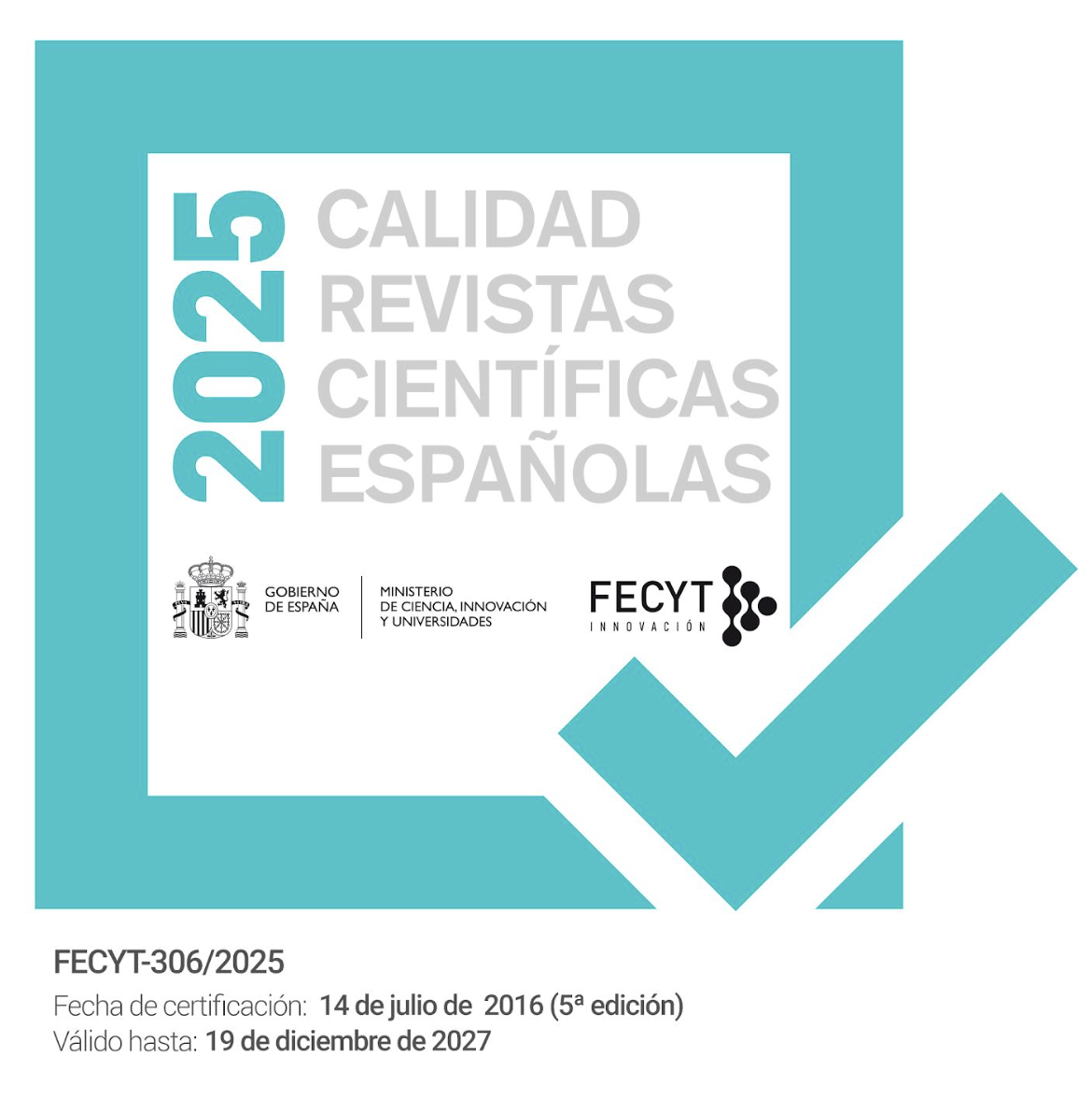Is the gap between representatives and represented increasing? A reflection apropos The Political Power in Spain
DOI:
https://doi.org/10.22325/fes/res.2019.17Keywords:
political elites, representation, power, decentralization, parliamentAbstract
The thesis of the crisis of representation postulates the decline and transformation of political parties and some traditional institutions as instruments of intermediation between society and the state. This approach affects the way in which citizens and parliamentarians themselves conceive and exercise political representation. However, as political power in Spain illustrates, the multilevel dimension is essential for understanding the representative function and the elite-mass link. In this text, we suggest some additional examples to underline this influence: in contexts of polarization on the axis of national identity, in the support to the European Union and in the preferences on the functioning of institutions.
References
Barrio, A. y Rodríguez-Teruel, J. (2017). Reducing the gap between leaders and voters? Elite pola- rization, outbidding competition, and the rise of secessionism in Catalonia. Ethnic and Racial Studies, 40 (10), 1776-1794.
Best, H., Lengyel, G. y Verzichelli, L. (eds). (2012). The Europe of Elites. A Study into the European- ness of Europe’s Political and Economic Elites. Oxford: Oxford University Press.
Biezen, I. Van y Kopecky, P. (2014). The cartel party and the state: Party-state linkages in European democracies. Party Politics, 20 (2), 170-182.
Camacho, B. (2017). La representación política en un Estado multinivel: análisis de las orienta- ciones de rol y del comportamiento de los par- lamentarios autonómicos españoles. Tesis Doc- toral. València: Universitat de València.
Dalton, R. J., Farrell, D. M. y McAllister, I. (2011). Political Parties and Democratic Linkage. How parties organize democracy. Oxford: Oxford Uni- versity Press.
Deschouwer, K. y S. Depauw (eds.) (2014). Representing the people: a survey amongst members of the statewide and substate parliaments. Oxford: Oxford University Press.
Fernández-Albertos, J. (2015). Los votantes de Po- demos. Madrid: La Catarata.
Goot, M. (2002). Distrustful, Disenchanted and Disengaged? Polled Opinion on Politics, Politi- cians and the Parties: an Historical Perspective. Parliament and public opinion, Papers on Parliament, 38, 17-58.
Jerez-Mir, M., Real-Dato, J. y R. Vázquez García (eds.). (2015). Iberian elites & the EU. Perceptions towards the European integration process in political and socioeconomic elites in Portugal and Spain. Granada: Editorial Universidad de Granada.
Mair, P. (2013). Ruling the void. The hollowing-out of Western democracy. London: Verso.
Medvic, S. K. (2013). In defense of politicians: the expectations trap and its threat to democracy. New York: Routledge.
Rodríguez-Teruel, J. (2015). Dinero público y ciudadanos ausentes: la financiación de los partidos en España. In F. J. Llera (ed.). Desafección política y regeneración democrática en la España actual (pp. 135-172). Madrid: Centro de Estudios Políticos y Constitucionales.
Rodríguez-Teruel, J. y Daloz, J.-P. (2017). Surveying and observing political elites. In H. Best and J. Higley (eds.). The Palgrave Handbook of Political Elites. London: Palgrave.
Rodríguez-Teruel, J., Real-Dato, J. y Jerez, M. (2016). But still enthusiastic: The unchanged euro- peanness of the Spanish parliamentary elite during the eurozone crisis. Historical Social Research, 41 (4), 214-238.
Saward, M. (2010). The representative claim.
Oxford: Oxford University Press.
Tormey, S. (2015). The end of representative politics. London: Polity.
Vogel, L. y Rodríguez-Teruel, J. (2016). Staying on Course in Turbulent Times: National Political Elites and the Crisis of European Integration. Historical Social Research, 41 (4), 7-37.
Downloads
Published
How to Cite
Issue
Section
License
• The transfer of the copyright of the article to Revista Española de Sociología.
• The assignment to the Revista Española de Sociología of the rights of commercial exploitation of the article to third parties both in the offset and digital formats, as well as to the search engines and platforms that may serve as intermediaries for the sale or knowledge of the article.



